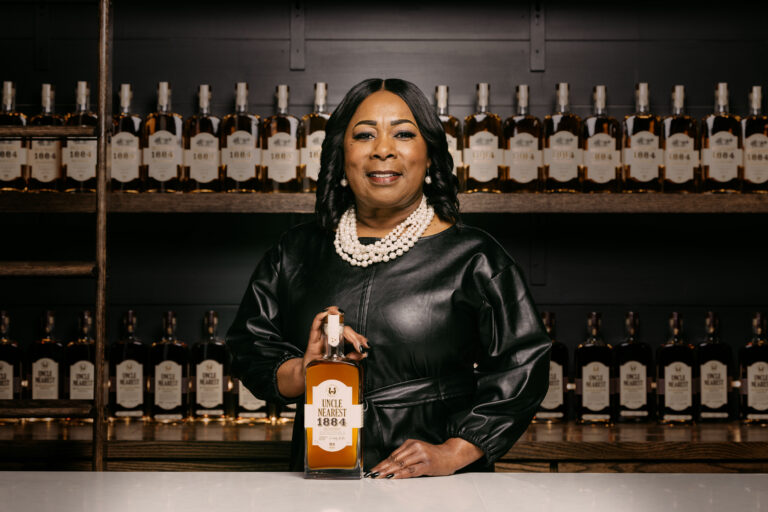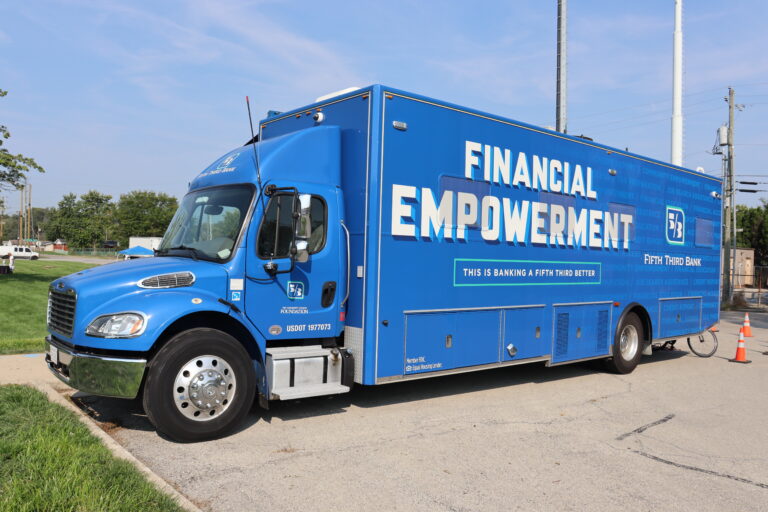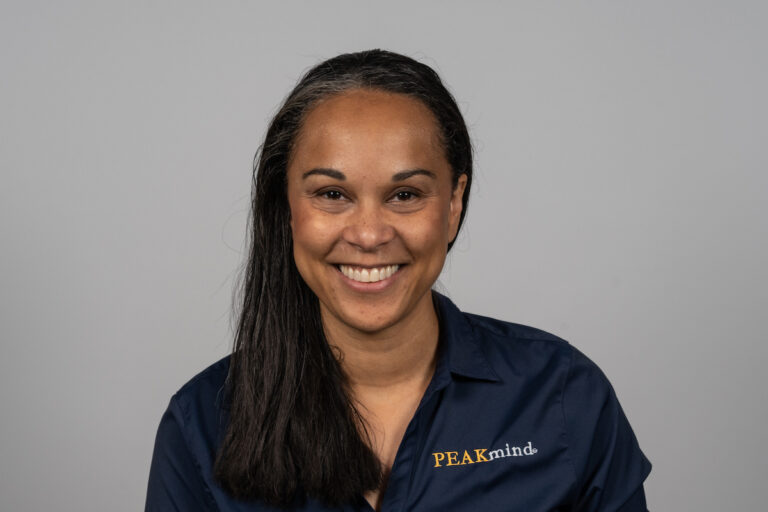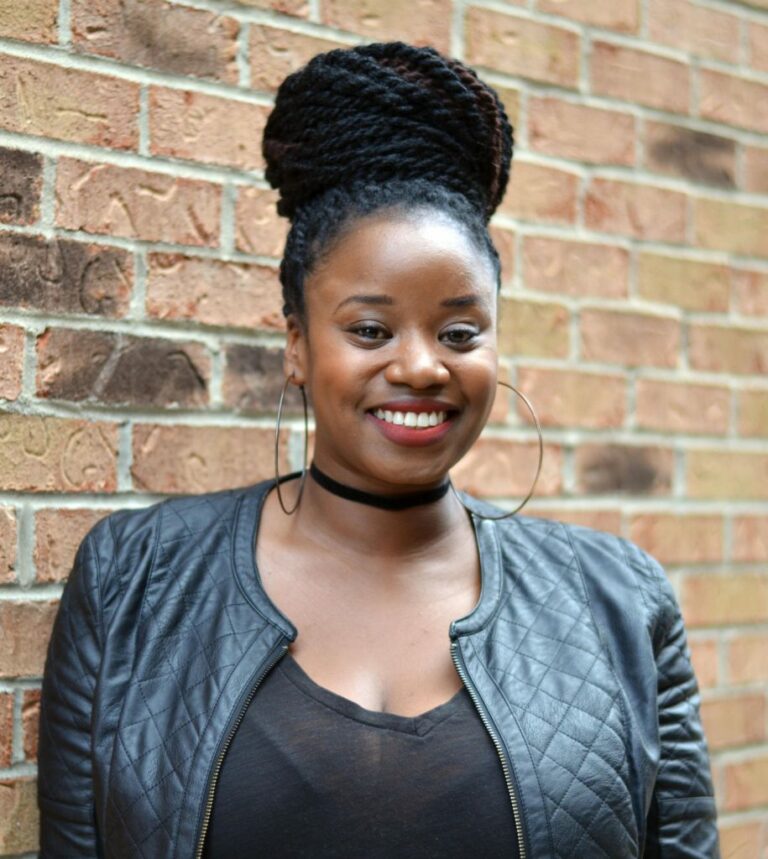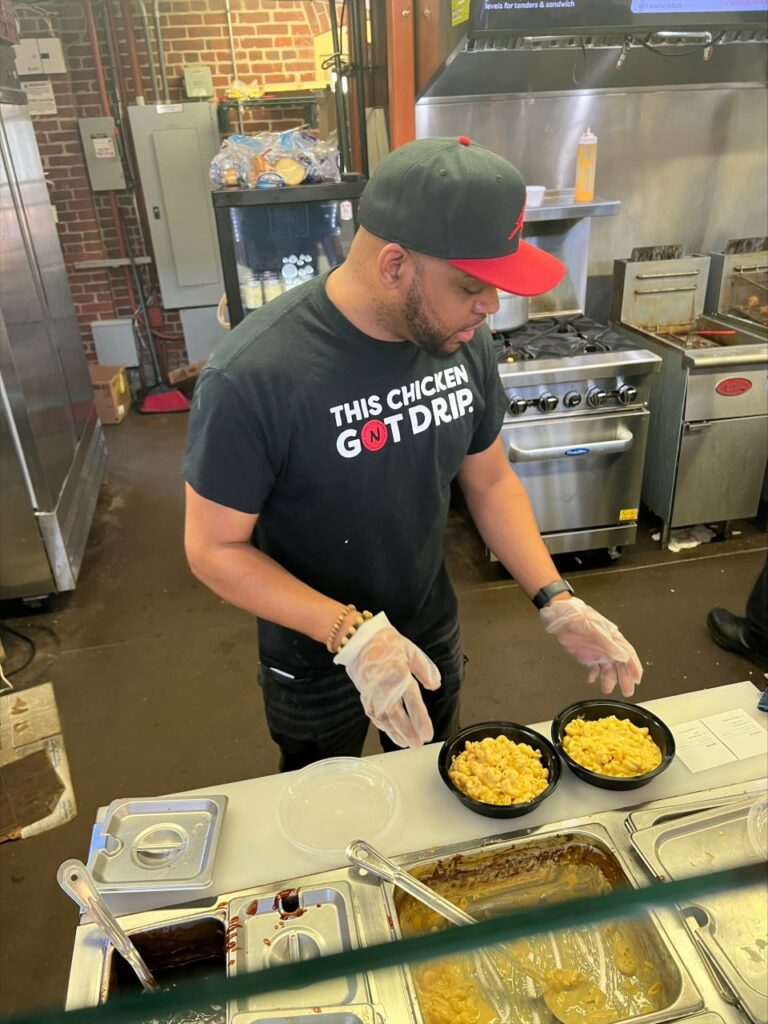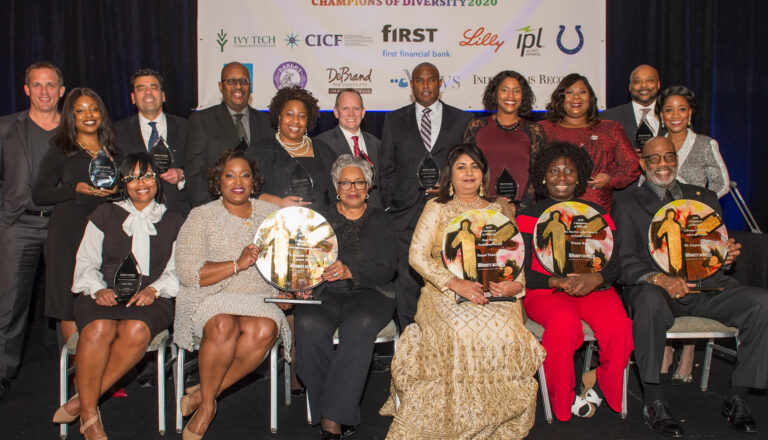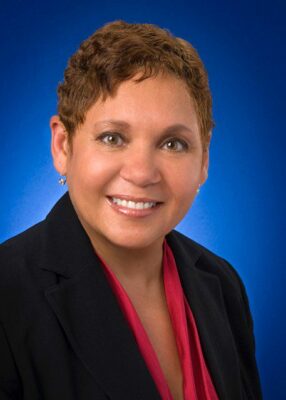By KARA KAVENSKY
Public speakers have an air of confidence that is authentically conveyed, and a big secret to having confidence is to speak your truth. Many people are terrified of public speaking, in fact, it’s ranked as the No. 1 fear, above spiders and death.
This week, EDGE Mentoring hosts their 6th annual EDGE | X Conference. This year’s theme is “Living a Life of Impact.”
Christy Wright is returning to the EDGE stage to share her message of courage, confidence, and clarity. Where we’ve been speaks volumes to where we are now. Wright was in her early 20s when she started working with a nationally branded public speaking organization. Within six months of joining the team, she was speaking to audiences across the country. Public speaking comes naturally to Wright.
“God placed me in one of the most concentrated, most abundant sources to prepare me to help others,” says Wright, whose wealth of experience has prepared her to make an impact in the lives of others.
Wright has spoken to audiences of two to 20,000. This level of experience is incredibly rare, especially for a speech coach. The methodology Wright deploys with her clients is more of a TED-talk style of speaking, helping them truly connect with their audience.
“Gaining clarity and becoming concise, clear, and confident are the goals with my clients,” states Wright, who offers a free eBook on her website.
Becoming a more effective storyteller, sharing engaging messages, and building confidence are the pillars of what Wright coaches. She also has hilarious blooper-type videos on Instagram to showcase common mistakes.
Another EDGE speaker who is having tons of fun is Victoria Eady Butler. Whiskey is in her blood — literally. Butler is the great-great-granddaughter of Nearest Green, the first known African American Master Distiller. Butler will be speaking to the power of saying, ‘Yes!”
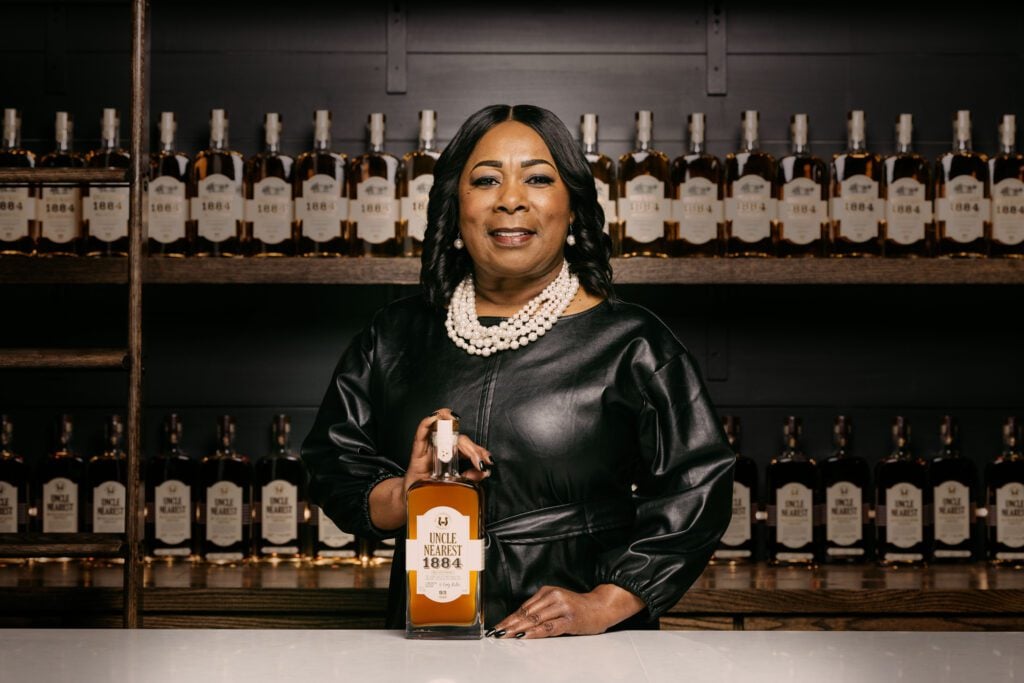
The story of Nearest Green, her great-great-grandfather, had been shrouded in mystery until Fawn Weaver’s curiosity unveiled his story. Weaver left her home state of California and traveled to Tennessee to investigate a man mentioned in the NY Times. She had read this article, which credits a slave for the secret ingredient in Jack Daniels whiskey. His name is Nearis (Nearest) Green. Green taught the young Jack Daniels distilling. Weaver initially thought she was going to write a book on Nearest. Nearest Green is the first known Black Master Distiller. He invented the Lincoln County Process, which is a system to filter whiskey through sugar maple charcoal. In 2013, the Governor of Tennessee signed into law that states “any Whiskey designated to be ‘Tennessee Whiskey or Bourbon’ must undergo the Lincoln County process”. This law makes Nearest Green the Godfather of Tennessee whiskey.
Throughout her research, Weaver contacted descendants of Green, to share her discoveries. A cousin of Butler’s said, “I would love to see Nearest Green’s name on a bottle of whiskey” and Weaver took this to the extreme, as she founded the Uncle Nearest distillery one year later. Since inception, Uncle Nearest has become the most awarded American Whiskey or Bourbon for the past four years. It is also the fastest growing distillery in history. And it’s the only one owned by an African American female, which honors an African American man.
Prior to joining the Uncle Nearest team in March 2019, Butler had just retired from a more than 31-year tenure with the federal government, working as an Analytical Manager with the Regional Organized Crime Information Center in Nashville, when Weaver approached her about becoming involved in the Uncle Nearest brand.
The opportunity to carry on her family legacy first-hand and to help to cement Nearest’s name in history was one that Butler couldn’t pass up. She blended the very first batch of 1884 Small Batch Whiskey, which launched in July 2019. A few months later Butler was appointed Master Blender after the immense success of the first two batches, which earned numerous awards including DoubleGold medals at the China Wine & Spirits Awards and the Sommelier Challenge. Butler is the first African American female Master Blender.
The accolades keep coming. By 2021, Butler was named Master Blender of the Year three times, by Whisky Magazine, VinePair and The Spirits Business, followed by a second award by Whisky Magazine in 2022. She is the first person in history to receive this honor two years in a row!
“Instead of easing into a job as I geared up for retirement, within sixty days of accepting an administrative role at the distillery, I became the Master Blender and have been traveling the world and meeting amazing people — and I work with an incredible team,” states Victoria, who is a proud member of Delta Sigma Theta Sorority, Incorporated.
Uncle Nearest is distributed to all fifty states and is currently in twelve countries. They are launching in the Caribbean soon and Butler’s next stop, after EDGE | X, is to Japan.
“My story is quite different from most: our company is 5 years old and I am continuing a family legacy that started 160 years ago,” states Butler. “My job is so fulfilling, and my life is an example of what happens when you say, ‘Yes!’ and believe in yourself.”
Both Wright and Butler are living impactful lives — and all because they both said yes.

